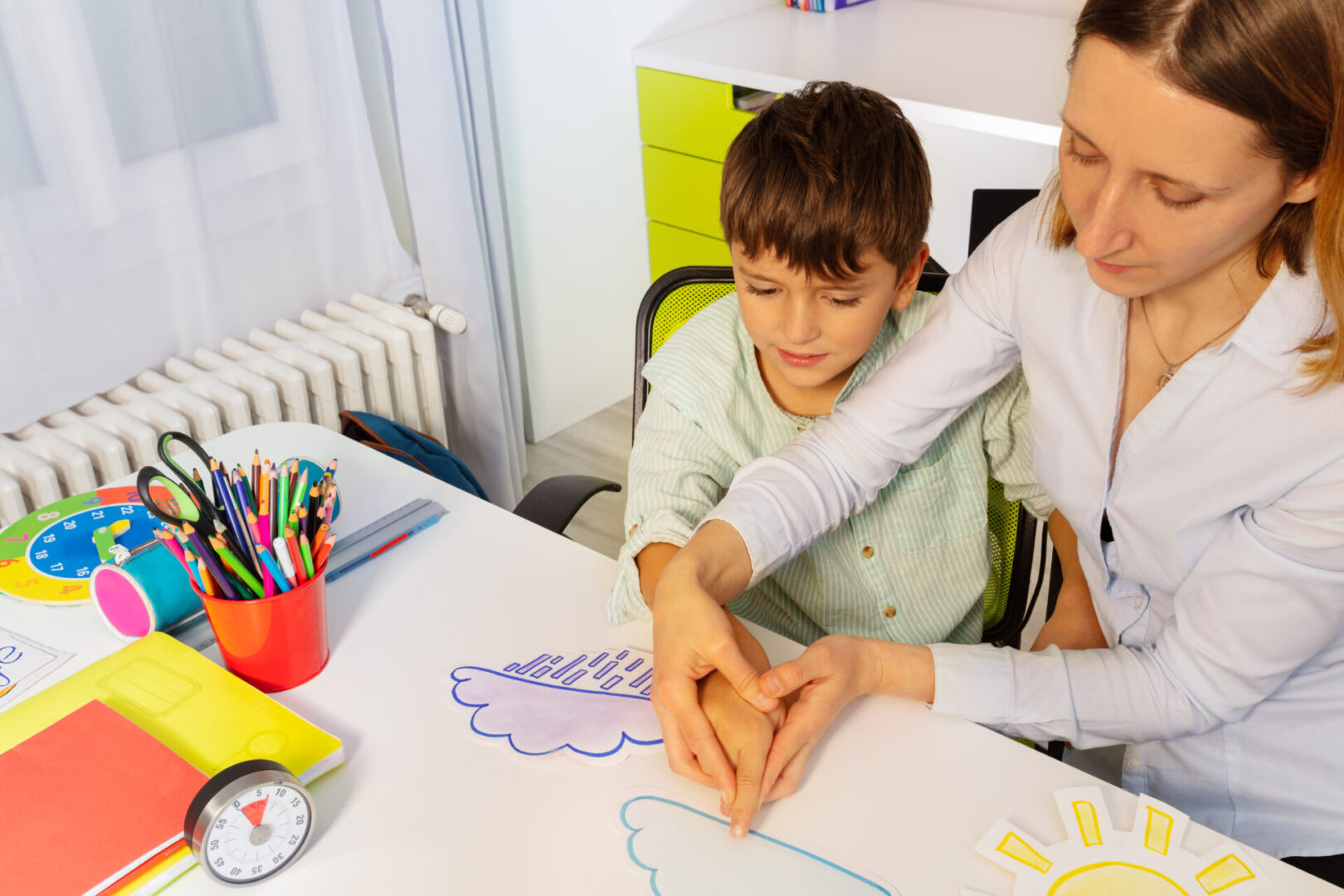
Effective Behavioral Therapy Programs for Children
Applied Behavioral Analysis has been around for many decades and is constantly evolving and growing with new research. By getting to know each child’s unique strengths and weaknesses our BCBA is able to build a customized program for your child to best suit their specific needs. In addition to delivering the most effective and highest quality treatment, we understand the importance of a strong support network outside of therapy, and will provide guidance, support, and assistance to your family and those that live or work with your child.

What is Applied Behavior Analysis?
Applied Behavior Analysis (ABA) is a therapy designed to produce socially significant changes based on the science of learning and behavior. ABA includes the use of direct observation, measurement, and functional analysis of the relationship between environment and behavior. ABA understands how behavior works, how the environment affects that behavior, and how we learn in our environment. In ABA therapy, we use this understanding to help increase behaviors such as communication, living skills, social skills, decrease problem behavior, and increase independent skills to use in home, school, occupation, or in social settings.
Find Out More
If you want to learn more about our services, get in touch with us today. Our friendly team is more than happy to answer any inquiries you have about us.


